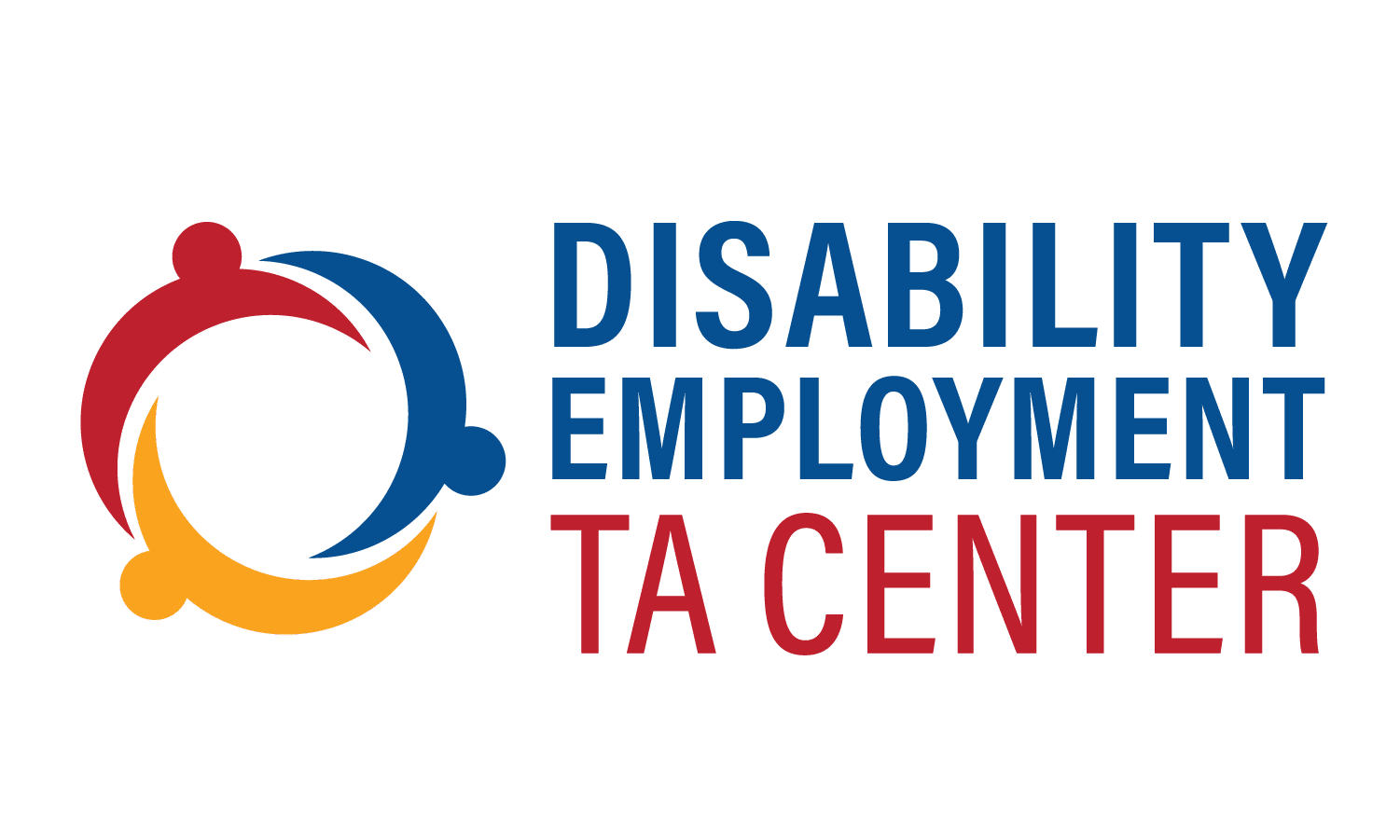“It is hard to become something you never imagined” Hasan Davis, Hope Dealer
“Our communities have been engaged in unprecedented civil rights protests, calling for racial equity in our country and across the globe. We want to share our commitment to stand against acts of violence and systemic racism and stand in support of our Black and brown community members demanding justice”. Cesilee Coulson, Executive Director-Wise
The above quotes are by two very different people, with very different backgrounds and stories. Their impact on me, my role in this field and my ability to speak up, matters. The fact that these two people who look, sound, and move differently than I do matters. The words that they use to tell stories, describes their intentions, and impacts change in our field, matters. Even though the voice, candor and storytelling are different, they both challenge us to stop, look, listen, and change.
I am a Black, middle-aged women who has been navigating the world of supported employment for over 17 years in roles ranging from Employment Specialist, Supported Employment Program Manager, Case Manager and Personal Agent. The context of who I am and what I have done matters. It doesn’t matter more or less than someone else’s, it just matters. And I want to share with you what I’ve learned supporting my organization’s own internal work to become a more inclusive, equitable and diverse culture and environment.
In May 2019, Wise (www.gowise.org) partnered with The Evans School of Public Policy and Governance at the University of Washington on a project to “[work to analyze] how the field currently address equity and the common barriers that prevent the successful implementation of racial equity in the disability field”.
Four Key recommendations came from that report:
- Short-Term (Year 1)
We encourage upper management to commit to ongoing efforts to learn about racial equity.
- Intermediate (Years 2-3)
Partner with community-based organizations that work closely with Communities of Color. Gather data and information on communities of color to assess their needs through intentional outreach and data collection.
- Long-term (Years 4-5)
Address the intersectionality of race and disabilities in the design of technical assistance training and support.
So, what’s next? These are momentous milestones for any organization to reach, but before we can reach them, we need to look inwardly.
I have five challenging questions for you to ask yourself as you begin assessing your organization’s culture for prompting a diverse, equitable and inclusive workplace. These are the same questions I have been challenging myself to answer in my own journey. These questions represent a sample of the guided conversations from Wise’s Equity Conversation process and tool.
Are you ready for inconvenient change? Do you experience the following?
Fear, confusion, lack of control, limited in scope or making moves that are compliance driven or focused? If you answered yes that is perfectly ok. Change is always complex and difficult, even when you’re doing it right. The question is, do you feel excited, motivated, and ready to start? That may also look like excitement, being centered, resourceful, knowledgeable, planful, optimistic and collaborative.
What would change look like for your organization? Diversity, Equity, and Inclusion have become buzz words. It feels like organizations everywhere have branded themselves as diverse, equitable and inclusive. What does that really look like for you, your organization, and the people you serve? Can you describe what concretely makes a difference or what change looks like? Are you doing the work when no one is paying attention? Will it look like celebrating individual successes, or will it look like a revision of company policy?
Who should lead your organization’s change? Who’s at the table, and who’s voice is missing? Is your target audience at the table? The “nothing about us without us” applies to more than disability. Does your Board, leadership team, equity team and service delivery staff reflect the population of people you serve? Do self-advocates have the power or leverage to influence and impact change in your organization?
How can you sustain the momentum of change? How are you leveraging the strengths, gifts, and full capacity of your talent? (workforce)? What is your succession plan? How fluid is the conversation on DEI throughout your organization?
Why does change matter? Are your organizational procedures, processes, and actions, aligned with its, values? Change only matters if you have clearly committed to living out the value that has been set forth in the vision, mission, and goals of the organization. There is a process of constant query and improvement that most of us have to cycle through to continually stay on point with our external message to community stakeholders and partners. So, why does change matter to you?
There are no easy answers to these questions we are beginning a journey towards sustainable progress together. As I continue to find the words to put meaning behind my experiences, I hope you will continue to walk with me and hopefully find words for yours as well.
Call to Action: My challenge to you, what’s your next step, leap of faith or bold move? Challenge yourself to make a thirty-day pledge to be intentional in learning and actions. Here are some options to get your started:
Identify one or two of the questions above that resonates with you.
- Identify and take action on 2-3 ways that you are committed to learning more about diversity, equity, inclusion.
- Practice your new skills by sharing what you’ve learned with a co-worker, and/or team.
- Connect your learning to your role. Practice what you’ve learned in real time.
This work is about you, your impact, and your ability to influence and impact your organization’s current culture to promote a diverse, equitable, and inclusive workplace.

